Hong Kong chief executive Carrie Lam repeatedly defended the need for Beijing’s national security law in Hong Kong during her weekly press conference on June 23.
Lam had a short message for those who continue to raise questions about how the law will damage Hong Kong’s “one country, two systems” model. She said those critics probably “have never clearly had an accurate impression of [the principle] of ‘one country.’”
The model has been used in Hong Kong since the city’s sovereignty was handed back to China from Britain in 1997, and it was intended to preserve Hong Kong’s autonomy and freedoms while under mainland Chinese rule. The Chinese mainland is ruled by the Chinese Communist Party (CCP).
However, Beijing has slowly encroached upon Hong Kong’s liberties and political freedoms in recent years, resulting in the eruption of mass protests that have been ongoing since June 2019.
China’s rubber-stamp legislature, the National People’s Congress (NPC), adopted the national security law for Hong Kong on May 28 after a ceremonial vote. It immediately drew backlash from local activists and pro-democracy lawmakers, who say the CCP’s law would undermine local autonomy and replace the current model with “one country, one system.”
The law would criminalize those who engage in activities connected to “subversion, secession, terrorism, and foreign interference” against the CCP. It will be implemented after the NPC standing committee finalizes its drafting of the law.
Lam said she won’t handpick judges for every single national security case, but will appoint “a group of judges” to handle such cases under the law.
She added that her appointment will be based on recommendations from a local judicial body that advises her on such designations, as well as taking advice from the city’s chief justice.
Lam also said the law doesn’t rule out foreign judges hearing national security cases.
Lam’s remark on her selection of judges came after warnings raised by former Chief Justice Andrew Li in a statement to local newspapers.
The new law would also allow for the creation of a national security commission chaired by the city’s chief executive.
Li said this chair position “would make it inappropriate for the chief executive to make the choice on his or her own.”
The NPC standing committee also stated that Hong Kong will have jurisdiction over cases—except under ”specific circumstance,” when China could have jurisdiction over an “extremely small” number of cases.
Li expressed concerns that this could allow certain national security cases to be tried in mainland China, noting that it “would undermine the independent judicial power which our courts are authorized to exercise under the [Hong Kong] Basic Law,” referring to the city’s mini-constitution.
Lam said that once the law is fully drafted, mainland Chinese officials—potentially officials from the Legislative Affairs Commission under the NPC standing committee—could visit Hong Kong to interpret the national security law.
On June 22, Sen. Marco Rubio (R-Fla.) and Rep. James McGovern (D-Mass.), chairmen of the U.S. Congressional-Executive Commission on China (CECC), said they were “deeply troubled” by the new details about the law.
“Schools & social groups will face increased restrictions.”
The European Union also voiced concerns on June 22 following the EU–China Summit, when European Council President Charles Michel and European Commission President Ursula von der Leyen held a videoconference with Chinese leader Xi Jinping and Premier Li Keqiang.
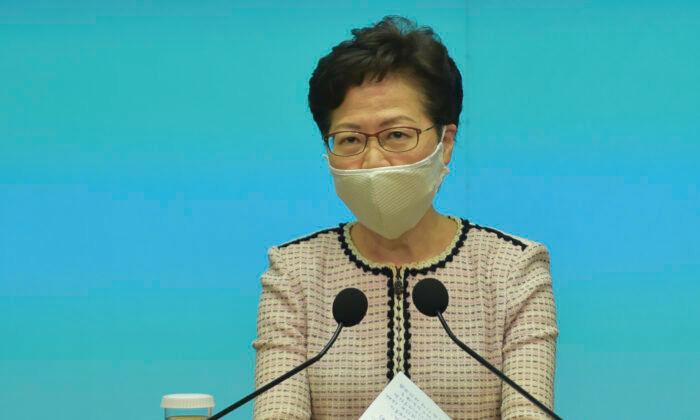

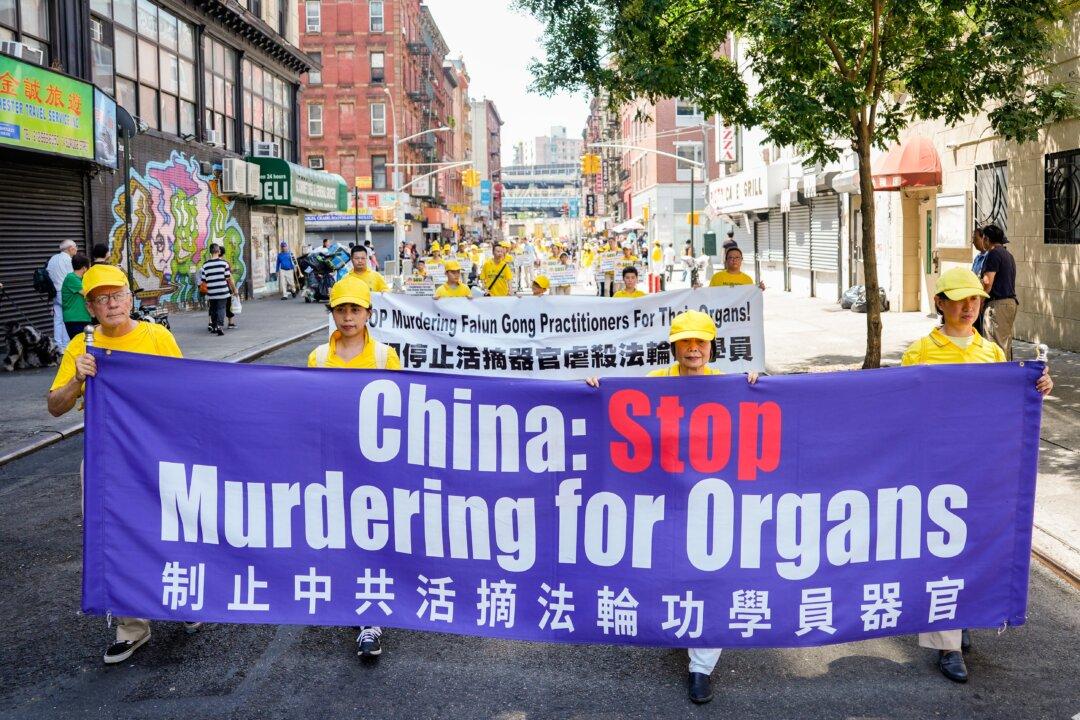
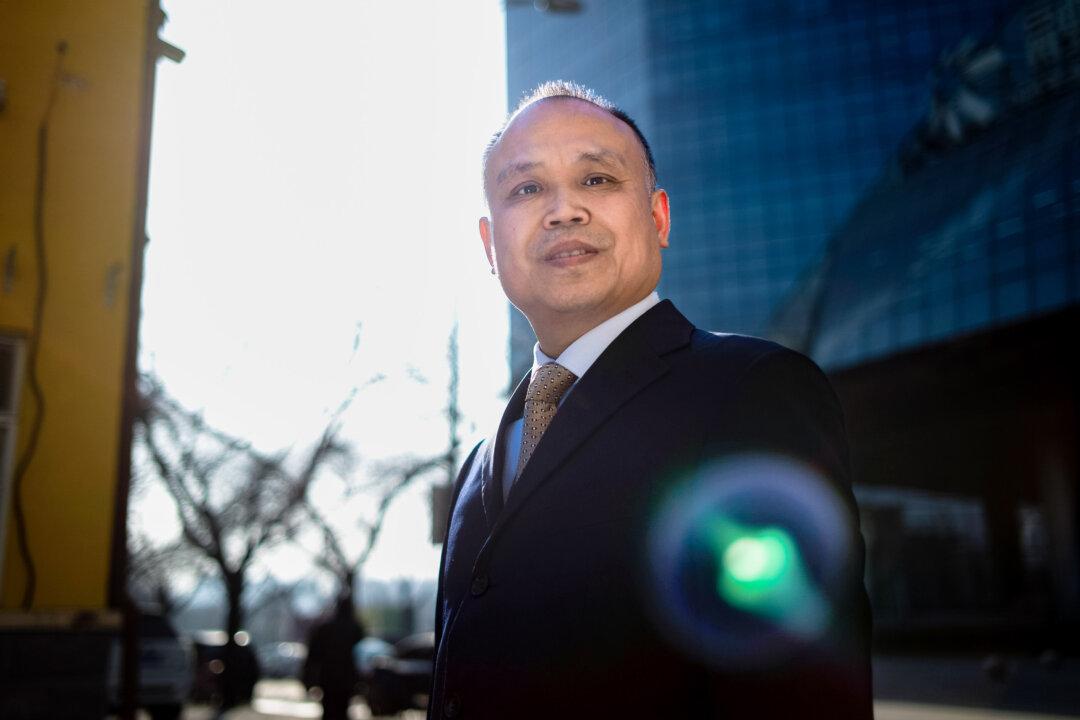
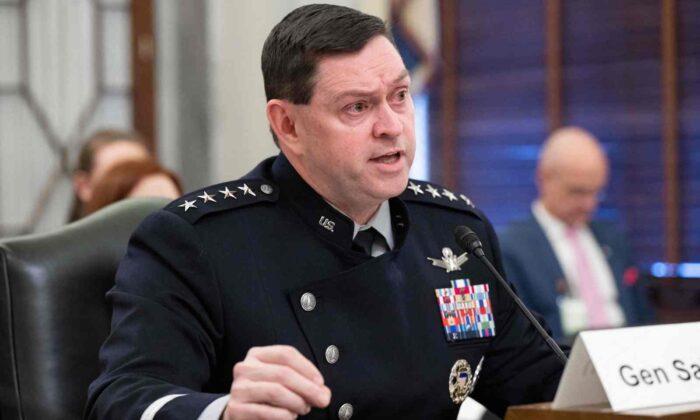
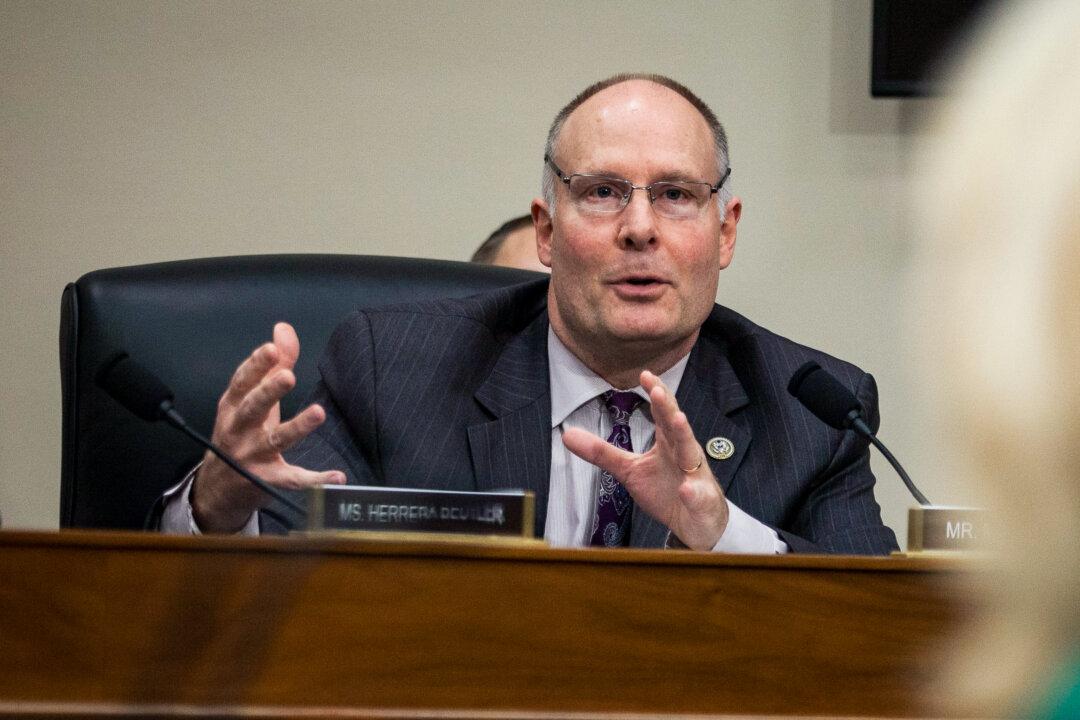
Friends Read Free